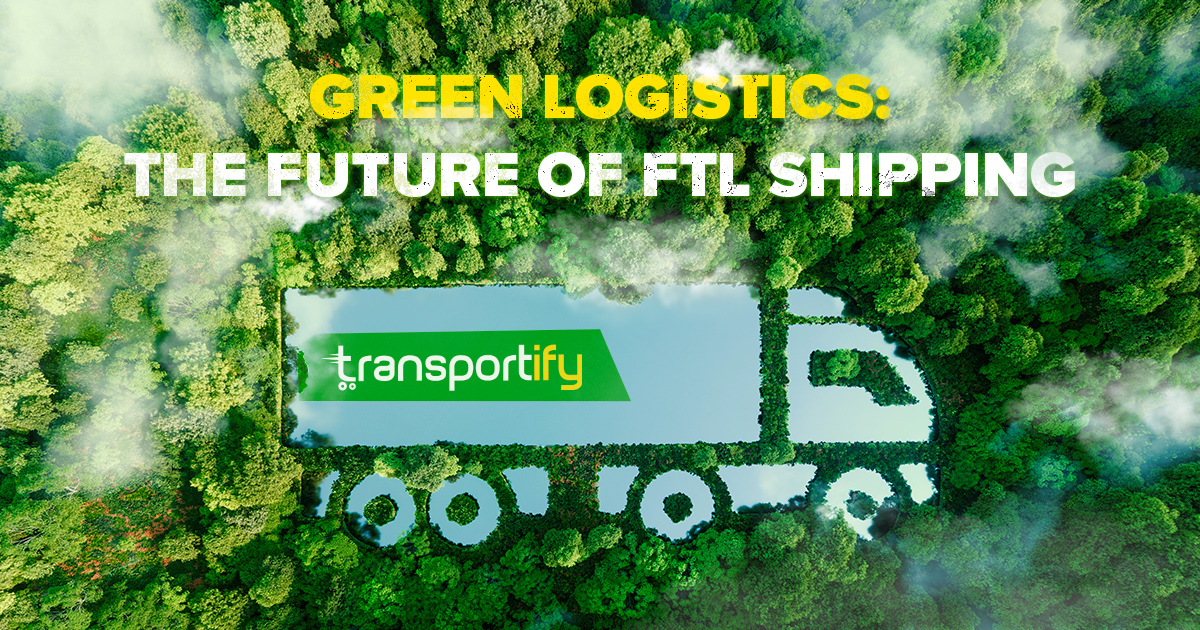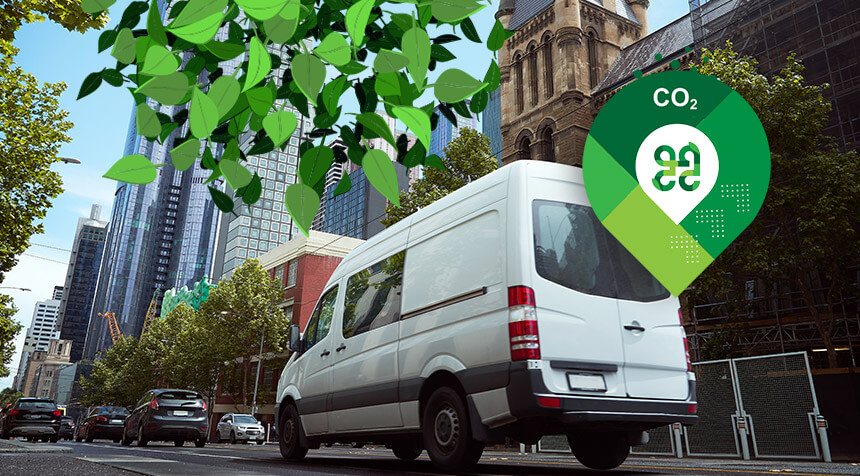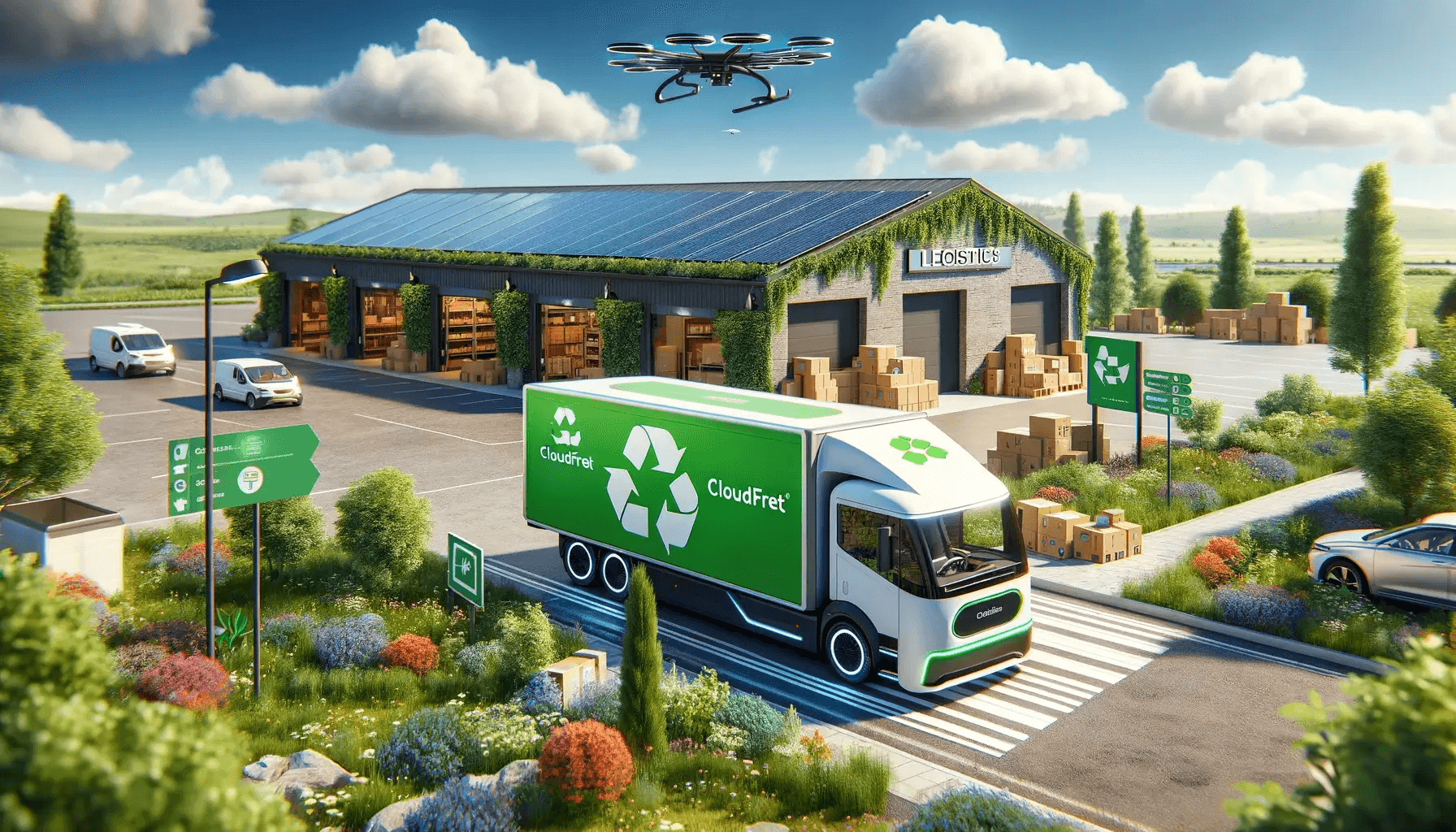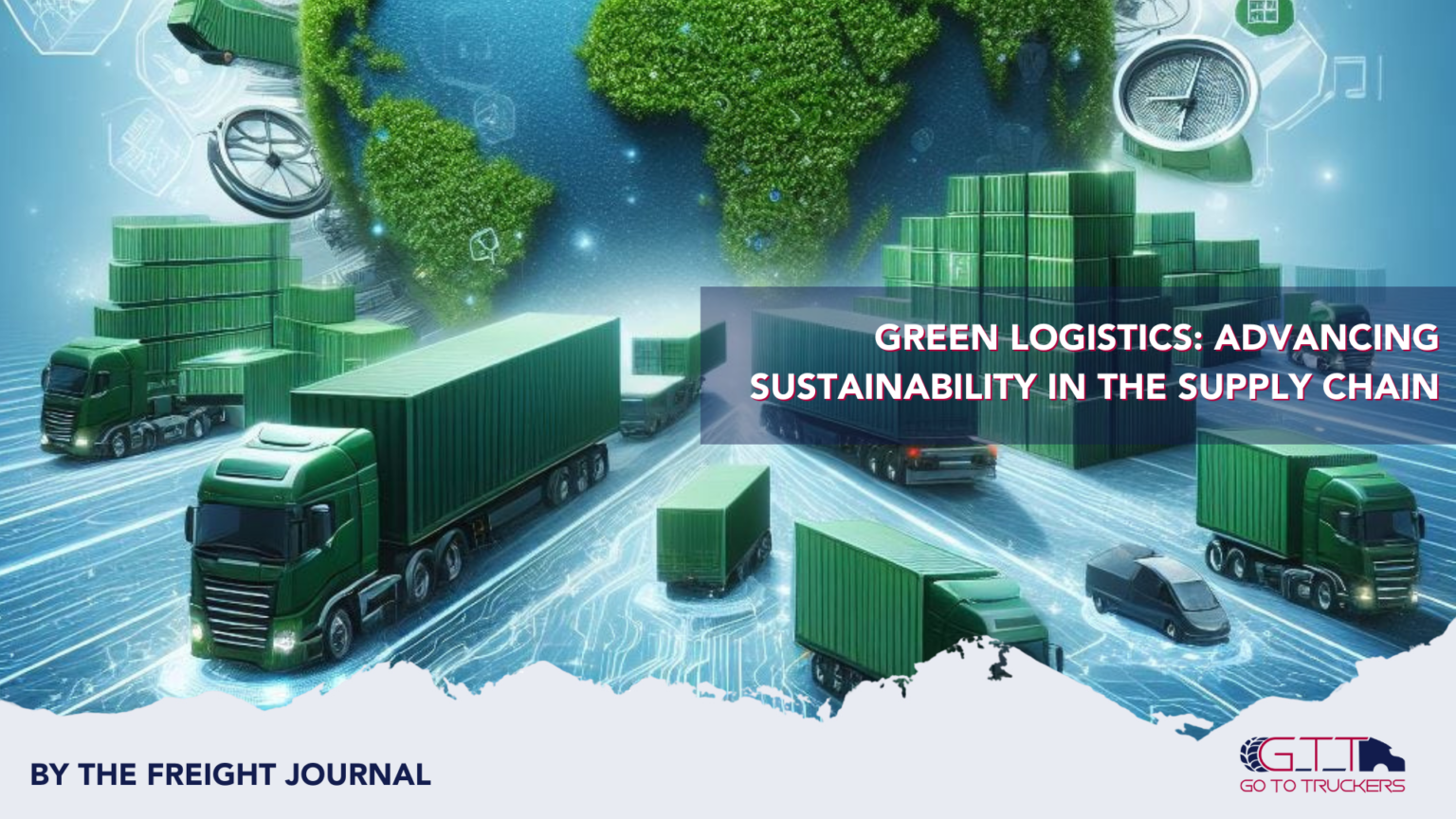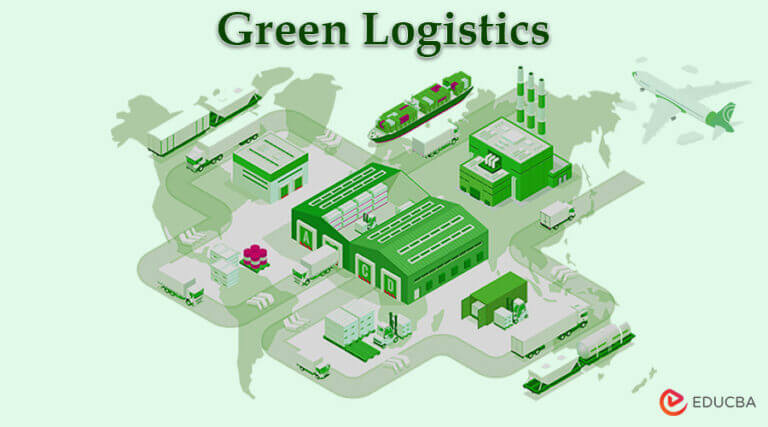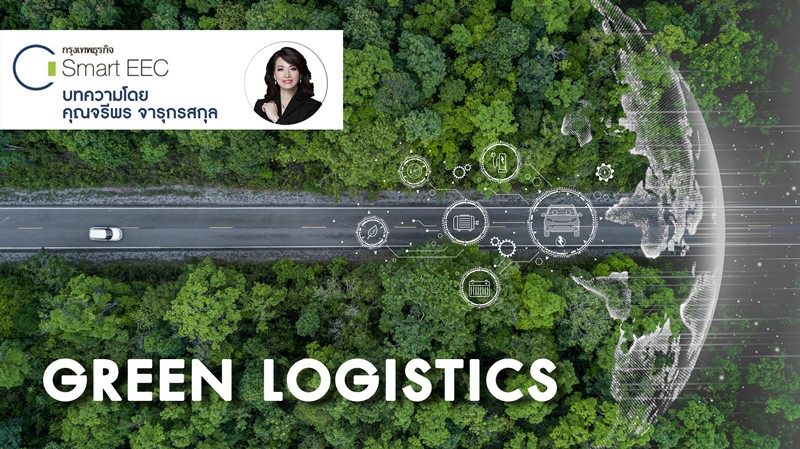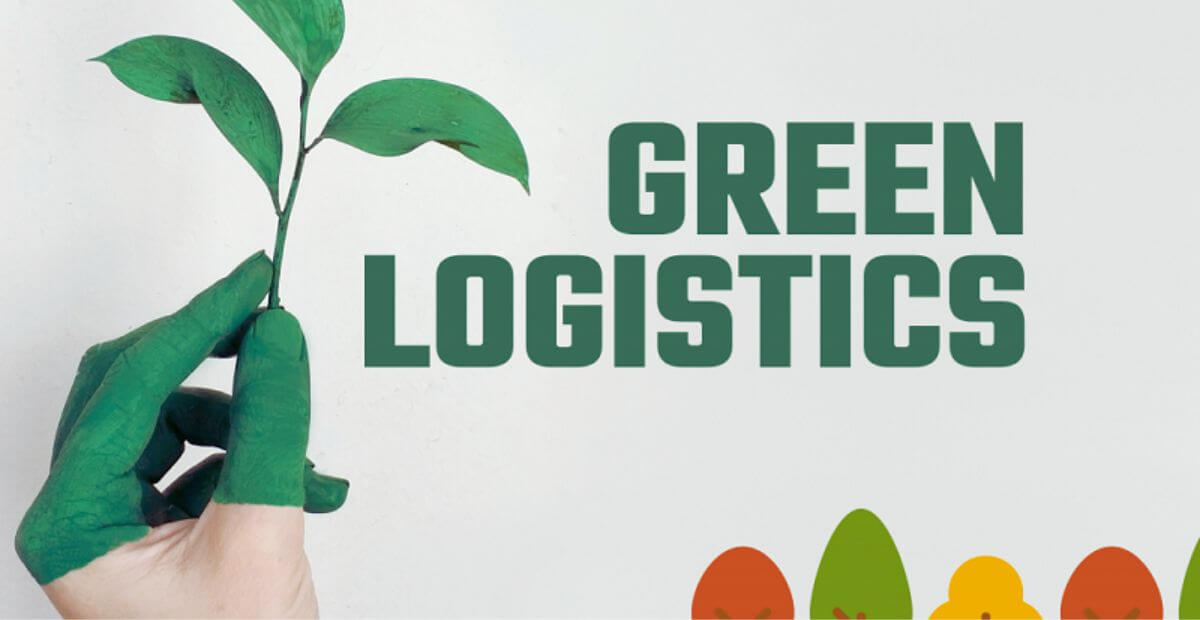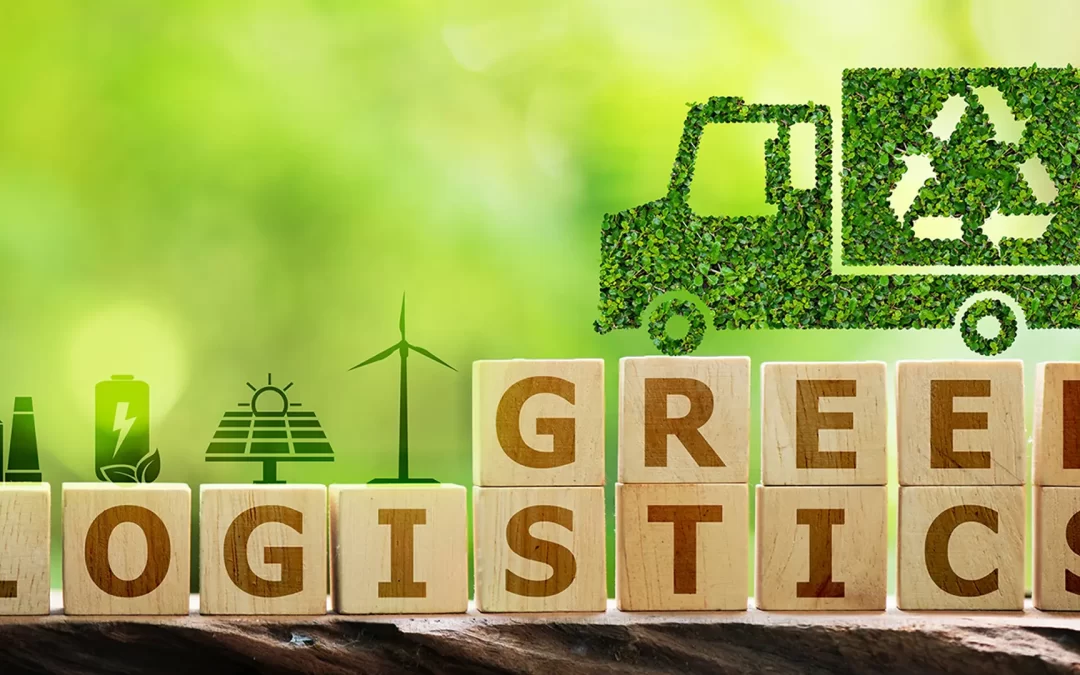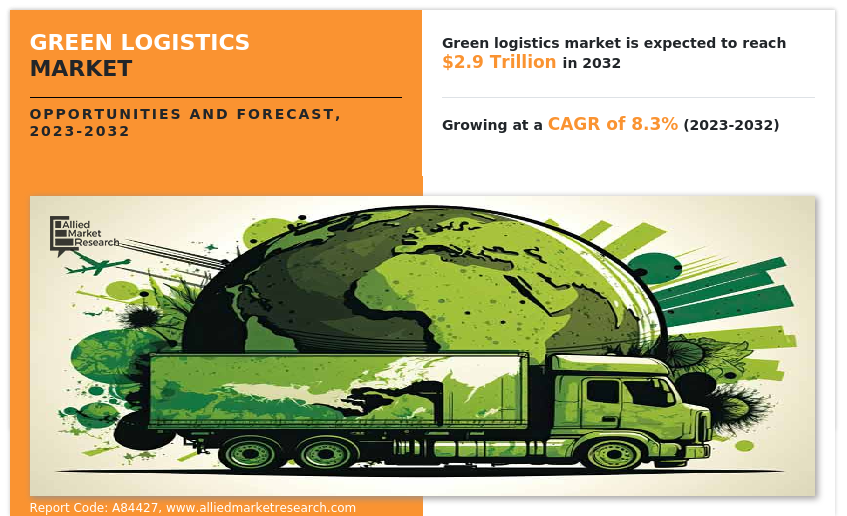Green Logistics And Delivery Solutions Corporation

Amid growing concerns about climate change and increasing consumer demand for faster delivery, a new player has emerged in the logistics sector. Green Logistics and Delivery Solutions Corporation aims to revolutionize how goods are transported, focusing on sustainability and efficiency. The company's ambitious plans could reshape the industry landscape and significantly reduce the environmental footprint of the supply chain.
At its core, Green Logistics seeks to provide eco-friendly delivery options without compromising speed or reliability. This commitment to sustainability differentiates them from traditional logistics providers. The company's business model prioritizes minimizing carbon emissions throughout the entire delivery process.
The Green Vision: A Sustainable Approach to Logistics
Green Logistics plans to implement a multi-pronged strategy to achieve its environmental goals. This strategy encompasses transitioning to electric vehicles (EVs), optimizing delivery routes using advanced algorithms, and investing in carbon offset programs. The company also emphasizes collaboration with suppliers and customers to promote sustainable practices across the supply chain.
One key component of their strategy is the adoption of a fully electric vehicle fleet for last-mile deliveries in urban areas. According to the Environmental Protection Agency (EPA), transportation accounts for a significant portion of greenhouse gas emissions, making the shift to EVs crucial for reducing the environmental impact of logistics. The company aims to have a fully electric fleet in major metropolitan areas within the next five years.
The company also plans to invest heavily in route optimization software. This software uses real-time data to identify the most efficient delivery routes, minimizing fuel consumption and reducing delivery times. By leveraging technology, Green Logistics hopes to enhance efficiency while simultaneously reducing its carbon footprint.
Strategic Partnerships and Technological Innovation
Green Logistics recognizes the importance of strategic partnerships in achieving its ambitious goals. The company has already established collaborations with several leading technology providers and renewable energy companies. These partnerships will provide access to cutting-edge technology and resources, enabling Green Logistics to implement its sustainability initiatives effectively.
The corporation's partnership with a leading renewable energy provider will ensure that the electricity used to power its EV fleet is sourced from renewable sources. This approach further reduces the environmental impact of its operations. It also sends a strong message about the company's commitment to sustainability.
Furthermore, Green Logistics is exploring innovative technologies such as drone delivery and autonomous vehicles to further optimize its operations and reduce emissions. While these technologies are still in their early stages, they hold significant potential for transforming the logistics industry and making deliveries more sustainable.
Addressing the Challenges: Infrastructure and Scalability
Despite its promising vision, Green Logistics faces several challenges in implementing its sustainability initiatives. The limited availability of charging infrastructure for EVs remains a significant hurdle. The company needs to invest in building its own charging stations or collaborate with existing infrastructure providers to ensure its EV fleet can operate efficiently.
Scalability is another critical challenge. Expanding operations while maintaining a commitment to sustainability requires careful planning and significant investment. The company needs to develop a robust and scalable business model that can accommodate its growth ambitions without compromising its environmental goals.
Stakeholder Perspectives
Industry analysts have expressed cautious optimism about Green Logistics' prospects. They acknowledge the growing demand for sustainable logistics solutions but emphasize the importance of execution. "Green Logistics has a compelling vision, but its success will depend on its ability to overcome the challenges of infrastructure, scalability, and competition," says Sarah Chen, a logistics industry analyst at Market Research Group.
Consumers are increasingly demanding sustainable products and services, including eco-friendly delivery options. A recent survey by Deloitte found that a majority of consumers are willing to pay a premium for sustainable delivery. This trend suggests a significant market opportunity for Green Logistics.
Environmental advocacy groups have also welcomed the emergence of Green Logistics. They see the company as a potential catalyst for change in the logistics industry. These groups emphasize the need for stricter regulations and incentives to encourage other companies to adopt sustainable practices.
The Potential Impact: A Greener Future for Logistics
If successful, Green Logistics could have a profound impact on the logistics industry and the environment. By reducing carbon emissions and promoting sustainable practices, the company could contribute to a greener and more sustainable future.
The company's innovative approach could also inspire other logistics providers to adopt similar initiatives. This would lead to a wider adoption of sustainable practices across the industry. Eventually, it would significantly reduce the environmental footprint of the global supply chain.
Moreover, Green Logistics could create new jobs in the green technology sector and contribute to economic growth. The company's investment in EVs, renewable energy, and other sustainable technologies will stimulate demand for these products and services. This will create new opportunities for businesses and workers.
In conclusion, Green Logistics and Delivery Solutions Corporation represents a significant step towards a more sustainable future for the logistics industry. While challenges remain, the company's commitment to sustainability, technological innovation, and strategic partnerships position it for success. Its impact could extend far beyond its own operations, inspiring others to embrace sustainable practices and contributing to a greener future for all.
